
A group of visitors from South Korea poses for a photo at Zhangjiajie Scenic Area on May 30. (DENG DAOLI/FOR CHINA DAILY)
Inbound rebound
This year's inbound tourism boom has been fueled by authorities allowing visa-free entry for ordinary passport-holders from more than a dozen countries — including France, Germany, Italy, the Netherlands, Spain, Ireland, Switzerland and Malaysia — and China's enhanced image as a global tourism destination.
Central authorities also released a series of policies to make it easier for foreign visitors to use their bank cards in China and e-payment apps on their phone.
These moves have seen encouraging results.
The National Immigration Administration said it issued 466,000 visas to international travelers in the first quarter of 2024, up almost 120 percent year-on-year. Nearly 2 million visits were made to the mainland by visa-exempt foreign nationals in the first quarter, up 266 percent year-on-year.
In the first quarter, inbound travel bookings registered three-fold growth year-on-year, with most of the visitors coming from Japan, Malaysia, South Korea, the United States and Australia, said travel portal Trip.com Group.
Among the top city destinations for international travelers were Beijing, Shanghai and Guangzhou, capital of Guangdong province, the group said.
The Chinese mainland saw a surge in international travelers during the May Day holiday, with Ministry of Culture and Tourism figures showing 1.76 million inbound trips during the five-day period.
This success, however, has raised concerns about tourism industry workers lacking the foreign-language skills to cope with the rapidly expanding number of international visitors.
The mainland has 650,000 certified tour guides, according to Ministry of Culture and Tourism statistics. Of those, 93 percent speak Mandarin, 6 percent English, and only 1 percent another language such as German or Spanish.
Xu Xiaolei, chief brand officer of CYTS Tours Holding Co in Beijing, said that the employment market for tour guides often fluctuates. This is due to occasional under-staffing problems and seasonal demands, for example during peak periods when guides who speak a less-widely used language are required, and other issues.
"The industry has had a problem of staff shortages, and many foreign-language speaking guides switched their jobs to other industries due to the epidemic or the impacts of the tourism industry upgrading itself. Unsatisfactory pay and the lower social status of the job may also discourage new college graduates entering the industry," he said.
Every tourism industry job, whether in an office or outside, is hard work and high pressure and requires workers who are passionate and energetic and possess good general knowledge and linguistic skills, he added.
"Tour guides, especially those handling international travelers, are usually all-rounders, as they have to interpret and explain China's history, culture and geography to foreigners. He or she should have the ability to keep learning and be alert to political and cultural differences," he added. "It's a challenging job."












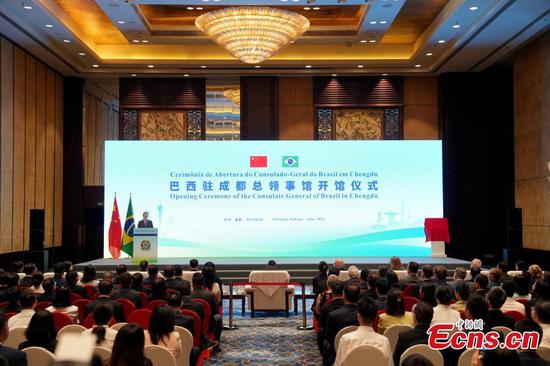



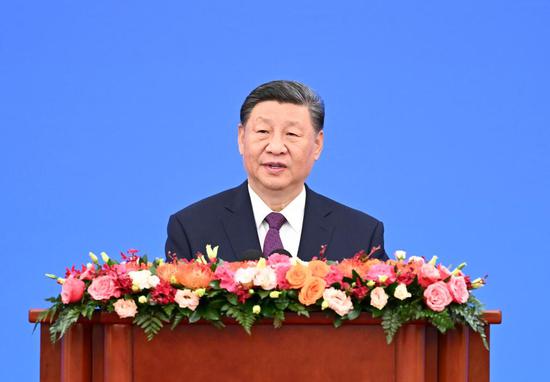











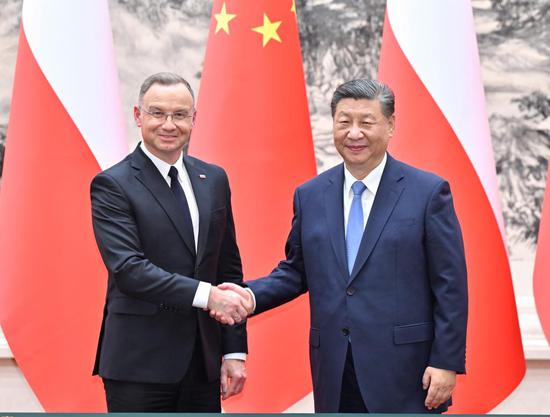
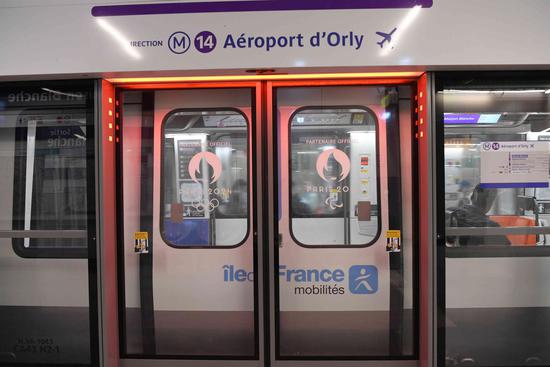





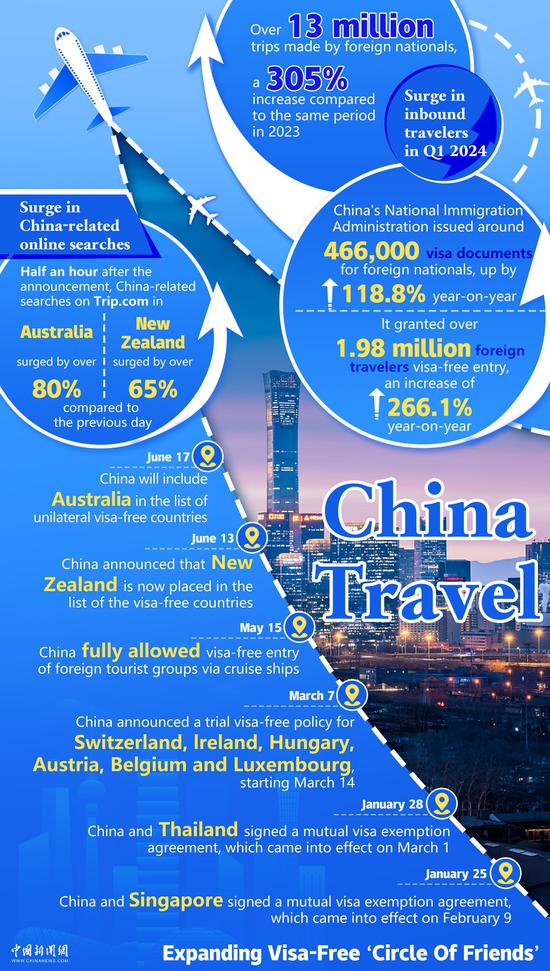






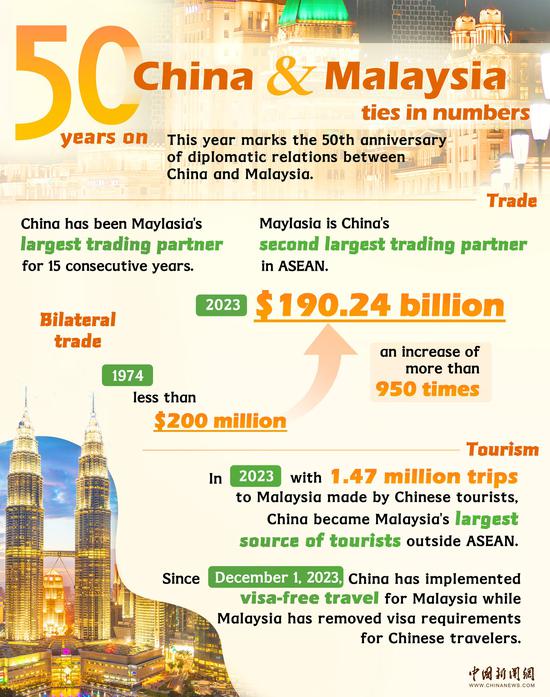







 京公网安备 11010202009201号
京公网安备 11010202009201号